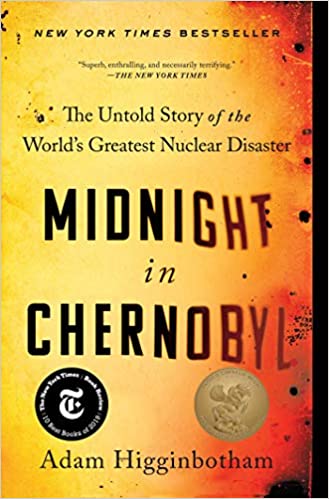Well, Xi must have gotten some blowback for welding his population in apartment blocks to stop the spread.
Chinese President Xi Jinping vowed to reduce the impact of Covid-control measures on the economy and people’s lives, a first acknowledgment from the Chinese leadership of the costs of the government’s stringent policies to rein in outbreaks. As other countries have moved away from lockdowns and social distancing, Beijing has touted the success of its draconian measures in keeping the number of cases low, despite a mounting toll on its people and economy. However, Chinese officials have scrambled to boost confidence in the Chinese economy as the more contagious Omicron variant of the coronavirus has prompted a surge in cases. The costs of fighting outbreaks add to recent headwinds, as Mr. Xi’s campaign of regulatory tightening last year has slowed economic momentum more than expected. The geopolitical crisis over the war in Ukraine, and the potential costs to China of its recent alignment with Russia, have also rattled investors’ nerves. In a Thursday meeting of the Politburo Standing Committee, the Communist Party’s top decision-making body, Mr. Xi asked officials to minimize the impact on the Chinese economy and people’s lives from Covid-19 control measures, according to the official Xinhua News Agency. China is facing the biggest wave of Covid-19 infections since Wuhan became the original center of the pandemic in early 2020. Several local governments have resorted to the same playbook used over the past two years to stamp out new outbreaks by ordering large-scale shutdowns and mass testing. Mr. Xi still urged officials to curb the spread of infection as soon as possible and said the central government would hold local officials accountable if they fail to respond to outbreaks promptly, Xinhua reported. Several officials in Jilin province in China’s northeast, where most of the recent cases have been reported, have been removed from their positions. However, Mr. Xi said China must “strive to achieve the biggest prevention and control effect with the smallest cost, and minimize the impact of the Covid situation on economic and social development,” Xinhua reported. Over the past two days, the rise in cases appears to have abated slightly. On Thursday, China reported 2,432 cases, including both symptomatic and asymptomatic infections. Of those, 1,157 were in Jilin. Mr. Xi’s remarks came a day after senior officials moved to reassure investors rattled by the prospect of widespread factory closures and trade disruptions...








